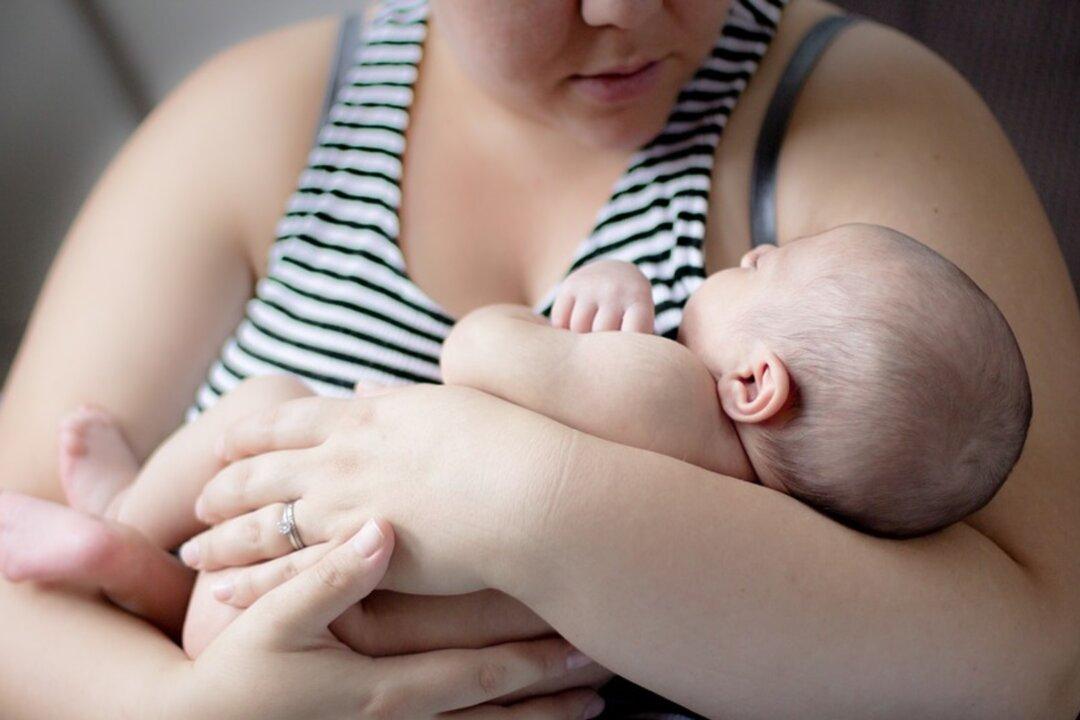TRENTON, N.J.—The U.S. Food and Drug Administration has approved the first drug specifically developed for severe depression after childbirth.
The agency on March 19 approved Sage Therapeutics’ Zulresso, an IV drug given over 2 ½ days.

TRENTON, N.J.—The U.S. Food and Drug Administration has approved the first drug specifically developed for severe depression after childbirth.
The agency on March 19 approved Sage Therapeutics’ Zulresso, an IV drug given over 2 ½ days.